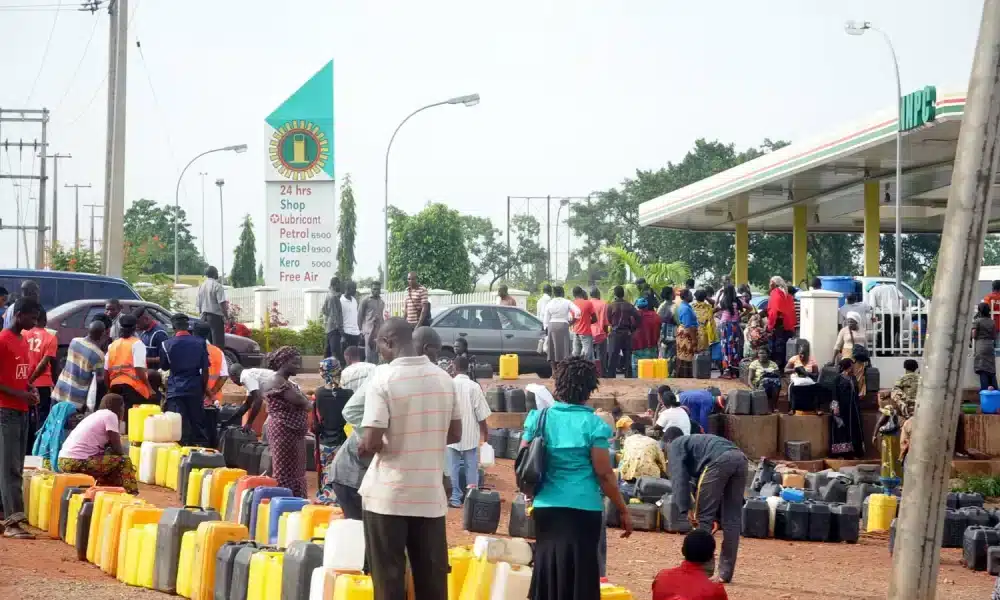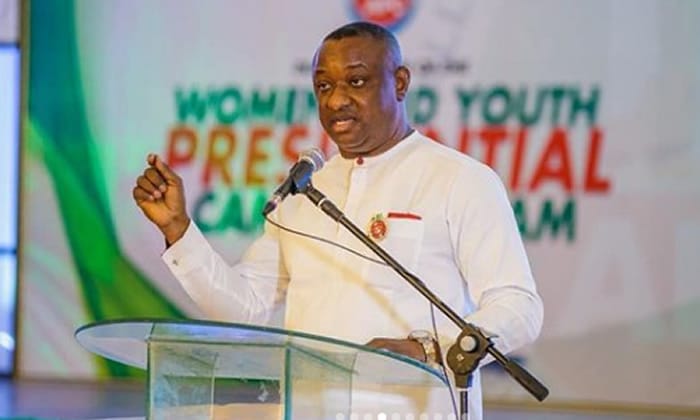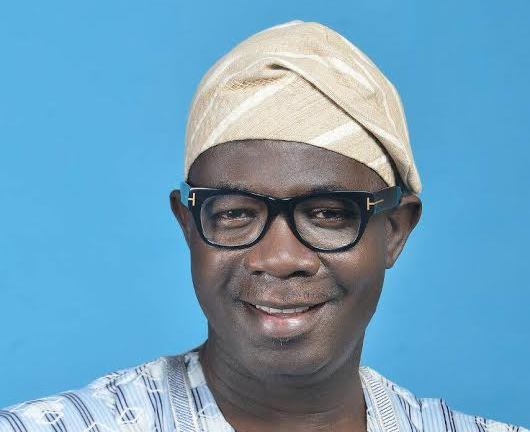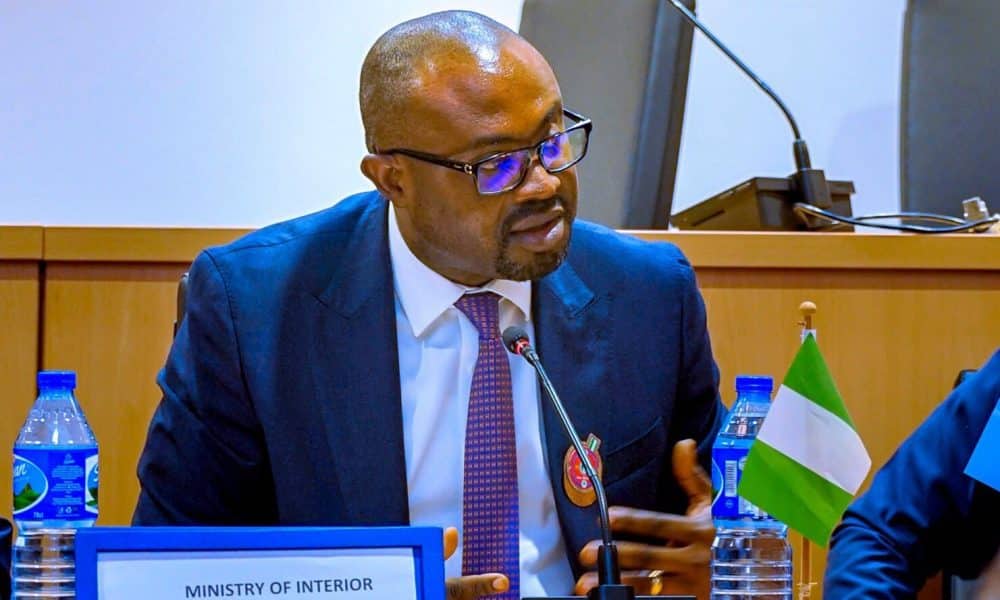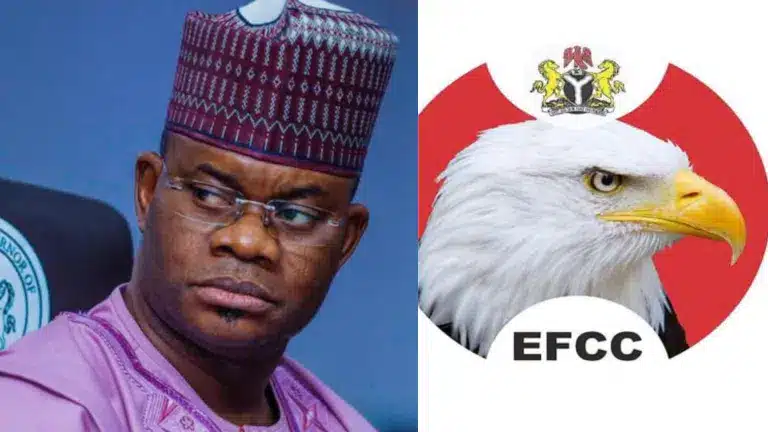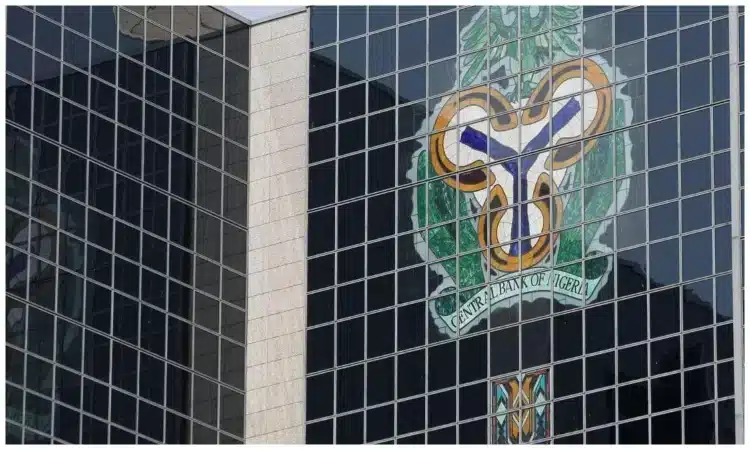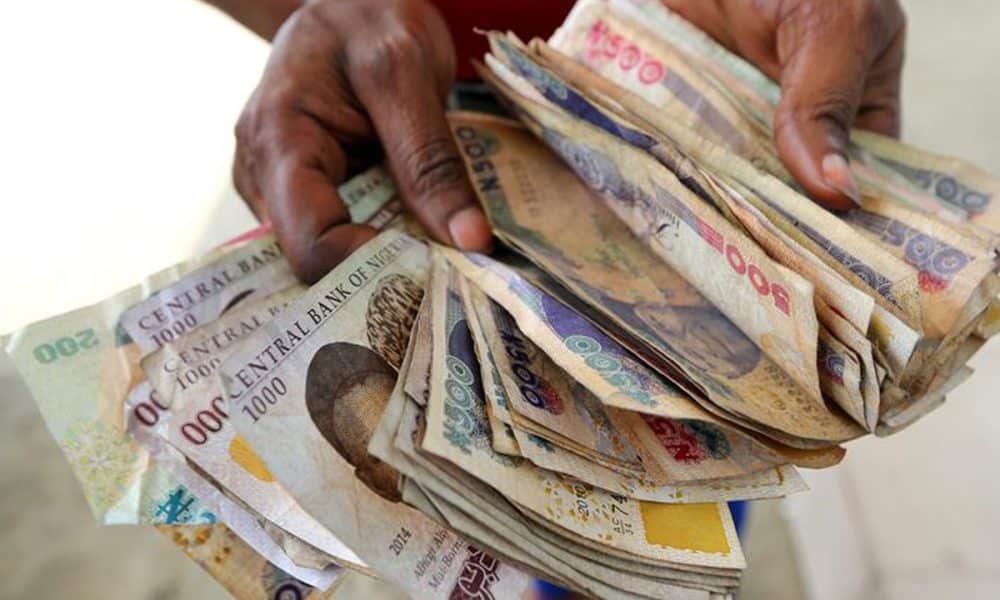Weather Report
14.67℃

Friday, April 26

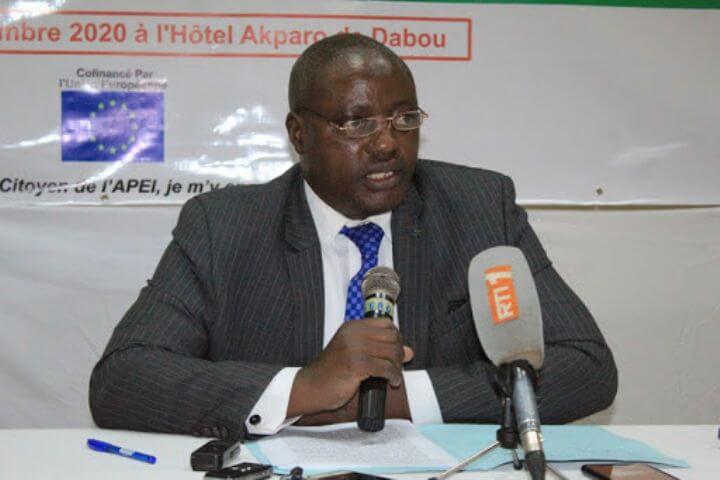
The CSCI is a melting pot where different sensitivities come together whose contributions are used to act, in a concerted framework, on public policies.It is in this sense that it gives credit to the capacity of Civil Society Organizations.
(CSO) to positively influence all subjects of national interest on which it expresses itself by contributing to decision-making processes and to improving the living conditions of populations.
These CSOs, considered as vectors of transmission, play today ' hui a very important role in the popularization of information in a broader context with a view to reaching different stakeholders.It is the work of several actors of civil society that have made it possible to obtain convincing results by allowing a considerable number of of citizens to have access to information.
Initiatives within this framework have been taken since access to information is a constitutional right.
3 countries have requested to benefit from the common framework to date (and restructuring negotiations have not yet started): Chad, Zambia and Ethiopia: - Civil Society remarks: simple postponements / rescheduling and no cancellations, private creditors do not are not involved, the Intermediate Income Countries (pRl) are not eligible therefore no response to the debt sustainability crisis; - Our demands, signed by all: massive cancellations, reform of the international debt architecture (implementation in place of an international debt restructuring mechanism), compulsory participation of private creditors in debt relief initiatives; - For France: G20 and Paris Club initiatives have or will resolve debt-related problems, next step: the financing of economies to respond to sustainability issues, and in particular to find a more structural response to Africa's underfunding - (Call of 15 April>, 18 African and European heads of state have called for measures to be taken in a multilateral framework, in the face of the health crisis in Africa, This is the basis for the idea launched by Macron of a Summit for the Financing of African Economies in Paris on May 18.
2021; - For the Summit; 3 working groups; Public and private external financing (idea of finding means to guarantee private investments, follow-up of restructuring, how to impose conditionalities on debt restructuring); The Attractiveness of the African Private Sector and Financing of Major Projects.
Also, we must work within the framework of a dynamic synergy of action to create or promote mechanisms, towards an equitable economic recovery at the certain end of this pandemic and to prevent future economic crises.
Concerted efforts have also become crucial, because the socio-economic challenges that countries face have foundations that can be better understood and addressed from a clear appreciation of the debt ecosystem at different levels.
developing countries, especially the Ivory Coast, there is no question of prioritizing how the most vulnerable have been hit hard by this pandemic, and thus pushed to deeper levels of poverty and continuing inequalities.
to get worse.
These CSOs take note of the major importance of China (not a member of the Paris Club) in the share of funding received by our States, especially since the 2010s, because this country holds in luiseul, 25% of the continent's debt, CSOs also note the lack of enthusiasm of private creditors, admittedly not surprisingly, but whose weight has continued to increase in recent years and whose loan conditions are for some close to the usurer, such as the Euro Bon subscribes at 100 / o interest rate.
It is crucial to draw the attention of African and French officials to the current problems facing African countries: over-indebtedness, an aggravating factor of poverty and inequalities, the issue of moratorium and the abrupt cancellation of debt, Foreign Direct Investments (lDE), illicit financial aid, tax havens, disguised means of tax evasion, Special Drawing Rights (SDRs) etc.
Debt must be presented from the angle of the violation of human rights, which hinders development.
Moreover, Civil Society is not invited to the Paris Summit.
As such, they ensure that the public interest is protected against certain abnormal practices and professional errors through awareness-raising and the publication of recommendations based on the discrepancies observed in terms of public debt.It is in this perspective that the CSCI, on the sidelines of the Summit on African Economies at the initiative of President Emmanuel Macron, gives his position in this declaration in order to reflect on the opportunity for France to support African economies which are already deleterious, fragile and which have been clearly tested by the perverse effects of the pandemic.
to Coronas virus, This pandemic has had a devastating economic, human and social impact, and also underlined the need to invite various stakeholders from the national, regional and international front, including fraternity and solidarity, to unite and fight against its spread.
The valuation of natural resources as well as the mobilization of internal resources are important topics to put on the table of discussions during the summit.The summit is only one event among many others, Therefore, CSOs must organize themselves better to occupy spaces in the next summits and meetings both nationally and internationally.
CSO members therefore have a very important mission to become champions of a radical movement towards prudent debt management and thus force governments to account for their decisions to citizens, taking into account the following essential points: - the impacts of the pandemic on the sustainability of the debts of Developing Countries (pED); - Civil society call for the cancellation of debt payments; - G20 / Paris Club initiatives: moratorium (ISSD) on debt payments of the poorest countries and common framework for the treatment of the debt of the poorest countries; - Cameroon, RCl, Congo and DRC all beneficiaries of the ISSD and eligible for the common framework.
This is the place to point out that CSOs have the potential to play an exceptional role in the creation and shaping of public opinion, and the consolidation of the improvement of its knowledge on the debt problem..
Read Full Story